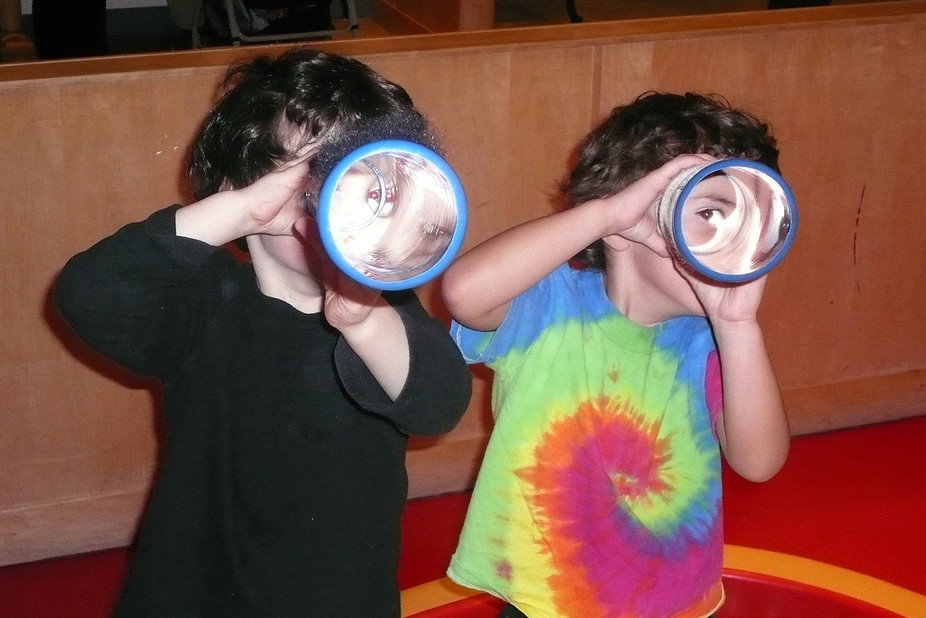How to Talk to Your Children about Racism and Social Injustice, Part 2

In this 2-part series, we are discussing how to discuss racism and social justice with your children. In Part 1, we discussed how to prep for and have the conversation. In Part 2, I will discuss specific strategies that you can use to discuss racism and social justice with your children. Below I have listed some age-based suggestions for shaping your discussion.
Younger Children (4-9)
When talking to children about topics such as race and social justice, make sure that the language that you use is simple and easily digestible. Don’t fall into the trap of saying “We don’t see color.” That’s too vague, and just an excuse to avoid an uncomfortable conversation. All parents should tell their children that sometimes people are mistreated because of the color of their skin and that this type of behavior is wrong. They should be taught to never engage in this kind of activity.
Children should be taught that they should not be bystanders to bullying and racism and that if they observe it, they should tell an adult. Encourage young children, and all children for that matter, to be empathetic to people of all racial and ethnic backgrounds. You must be a role model for them by practicing what you preach and having a diverse group of friends.
If you are still struggling, there are several children’s books that cover themes such as anti-Racism, anti-Semitism, and things like the Nazi movement. You can read these books with your kids and then have a discussion afterward. I have listed several below.
Come With Me by Holly M. McGhee; Illustrated by Pascal Lamaitre (ages 4 and up)
The Whispering Town by Jennifer Elvgren; Illustrated by Fabio Santomauro (ages 5-8)
The Youngest Marcher by Cynthia Levinson; Illustrated Vanessa Brantley Newton (ages 5-9)
Older Children (10-18)
With older children, you can have in-depth conversations about the KKK, white supremacy, homophobia, and anti-Zionism. While discussing these issues with them, bear in mind that although they may understand most of what they are exposed to, they may not understand the historical themes at play.
If older children feel helpless after your talk, there’s an opportunity to help them understand how to be active citizens, and become the change that they want to see in the world. They can join a social justice organization at school or even start their own. They can engage with activists and policymakers to influence legislation. The possibilities are endless.
If you need additional help, there are several young adult books that cover themes such as anti-racism, anti-Semitism and other anti-discrimination. You can give them a week to read the book at their own pace, and then schedule a time to have a book club style discussion with them. I have listed several options below.
Stella By Starlight by Sharon Draper (ages 10-13)
March Trilogy by John Lewis, Andrew Aydin and Nate Powell (ages 10 and up)
We Will Not Be Silent by Russell Freedman (ages 10-14)
Other Considerations
One of the primary problems that white parents face when it comes to talking about racism and intolerance to their children is the psychological impact of such teaching. With the knowledge of racism and the role played by people who look like them in perpetuating it, your kids could experience feelings of guilt and shame, especially if they have a diverse group of friends.
Since these are undesirable emotions, it is far easier for parents to avoid teaching their kids about racism and social justice, instead of dealing with the feelings that accompany a topic that will always be difficult to discuss. The key is to help your children fully understand racism and its societal implications and to promote feelings of allied relations as white, and minority groups fight racism hand in hand. This will offset the feelings of guilt and shame that accompany the realization of the fact that racism continues to exist.
Conclusion
Events like those that took place in Charlottesville are not isolated, and the conversation should not be either. Crucial conversations about race and social justice are bound to be awkward, but nonetheless, they must be had. We can’t pretend that racism, violence, or our country’s history don’t exist.
The goal of parents must be to help their children become respectful of other races, cultures, and people that they’ll interact with during their lifetimes. This can be a daunting task for parents, given that the world is infinitely more complex and diverse than the community that their kids inhabit. All we can do is prepare our children for the present and the future, and hope that our efforts are enough. If we all work together, we can shape the future into an era of inclusion and acceptance. And it starts with what we teach our children now. In the immortal words of George Santayana, “Those who do not learn from history are doomed to repeat it.”
Click here to access both parts of the series.





